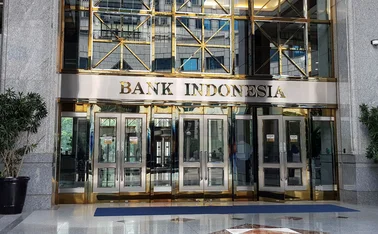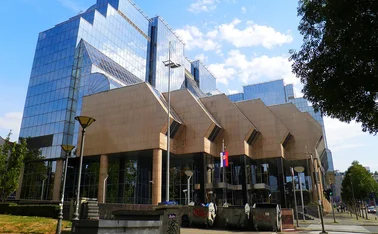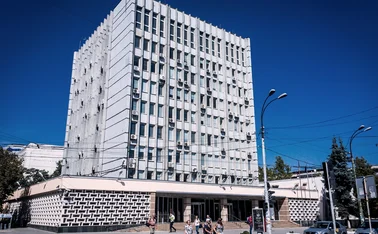
IMFC advocates ‘pragmatic’ approach to resisting capital flows

Emerging markets should lean against capital inflows resulting from accommodative monetary policy in advanced economies, Tharman Shanmugaratnam, the deputy prime minister of Singapore and chairman of the Monetary Authority of Singapore (MAS), has said.
In addition to his other roles, Tharman is also chair of the International Monetary and Financial Committee (IMFC), a committee of the International Monetary Fund (IMF), which met on April 20 in Washington. The group discussed the main policy challenges facing the global economy, including the disagreement over volatile capital flows that emerging markets complain are being driven into their economies by monetary easing in richer countries.
At a press conference following the meeting, the IMFC backed the advanced economies' policy decisions. IMF managing director, Christine Lagarde, said the view was "generally shared" that unconventional monetary policies were appropriate, "not in isolation, but as a composition of the mix".
Tharman stressed, however, that emerging markets should not just put up with the volatile flows. He advocated a "pragmatic" approach, where countries resisted volatility in the exchange rate, but did not fix the rate completely. Some flexibility was beneficial, he said, but since it was never clear whether the capital would rush out again, taking efforts to lean against the flows was wise too.
The MAS chairman said countries should use a variety of tools to achieve this goal. "Relying on one instrument, whether it is the exchange rate, or macroprudential controls, or domestic monetary policy adjustments… is unlikely to be an efficient solution," he said.
Quota reforms
The finance ministers and central bank governors of a number of IMF members issued statements at the meeting covering the main topics. Another area of contention was that of planned changes to the formula for calculating IMF quotas and vote shares. An agreement in 2010 sought to grant emerging markets and developing countries a greater say in IMF affairs, but the changes are being delayed by the US, which is yet to ratify the agreement.
Zhou Xiaochuan, the governor of the People's Bank of China, pressed members that have yet to ratify the agreement to do so as soon as possible, "recognising that the increase in quota resources is essential to maintain global financial stability".
However, a statement by Jacob Lew, the US secretary of the Treasury, was somewhat evasive. While acknowledging the importance that quotas reflect a country's weight in the global economy, the statement did not give any indication of when the reforms might be ratified. "We are actively working with Congress to secure legislation," Lew said.
Only users who have a paid subscription or are part of a corporate subscription are able to print or copy content.
To access these options, along with all other subscription benefits, please contact info@centralbanking.com or view our subscription options here: http://subscriptions.centralbanking.com/subscribe
You are currently unable to print this content. Please contact info@centralbanking.com to find out more.
You are currently unable to copy this content. Please contact info@centralbanking.com to find out more.
Copyright Infopro Digital Limited. All rights reserved.
As outlined in our terms and conditions, https://www.infopro-digital.com/terms-and-conditions/subscriptions/ (point 2.4), printing is limited to a single copy.
If you would like to purchase additional rights please email info@centralbanking.com
Copyright Infopro Digital Limited. All rights reserved.
You may share this content using our article tools. As outlined in our terms and conditions, https://www.infopro-digital.com/terms-and-conditions/subscriptions/ (clause 2.4), an Authorised User may only make one copy of the materials for their own personal use. You must also comply with the restrictions in clause 2.5.
If you would like to purchase additional rights please email info@centralbanking.com







